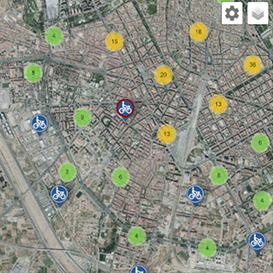Focus on Austria
One-stop shop accelerates industrial R&D
The Austrian Research Promotion Agency (FFG) is the national funding agency for industrial research and development in Austria. Its statutory task is enshrined in the FFG Act, namely “to promote research, technology, development and innovation for the benefit of Austria.” Not only does the FFG make it easier, or possible, to finance research and innovation projects, as well as help to absorb the risks involved in research, the agency also supports international networking and acts as a national ‘one-stop shop’ for industrial research and development, but also as National Contact Point for Horizon 2020. As part of the European and International Programmes section and High Level Representative of Austria to EUREKA, Ulrich Schuh is well placed to discuss, from an IT perspective, the role of the FFG in enabling the generation of new knowledge, new products and services, and boosting Austrian competitiveness in the global marketplace.
Research facilitator
“The Austrian government has made digitalisation and, therefore ICT, top priorities for the coming years. "In fact,” Ulrich explains, “every second euro of FFG funding on research and development is spent on digitalisation. It’s worth noting that when it comes to investing private and public spending in R&D, Austria is currently second in terms of its percentage of GDP invested. We are certainly in a phase currently where we are striving to be among the top European countries in this area.So while we still have some way to go, we are making every effort to get there. Our job as FFG is to facilitate this process by implementing support for applied research.”
Top priorities
FFG, with an annual budget of about 2.5 billion euros at its disposal, coordinates a variety of funding instruments to facilitate R&D and focuses on active innovation players, from large industries to SMEs. “By acting as a kind of bridge between the funding options and the research spearheads, I thinkwe are able to provide a very effective and efficient conduit in this respect,” Ulrich says. “Among these spearheads, we have very strong IT research clusters in Upper Austria and in the region of Carinthia that focus on microelectronics to which there is a software internet cluster attached. The focus on IT research in Austria lies for example on Deep Learning methods and Artificial Intelligence – the latter being a high priority for the government and has a lot of support through various programmes and initiatives. Furthermore, we are also starting to support blockchain and virtual reality technologies. So, to sum up, we are intensifying our efforts to enhance the opportunities in a number of technology areas in which we are successful and giving other, newer technologies a boost to enable them to be at the forefront of developments.”
Bottom-up and top-down
“Our government adopts a broad, comprehensive approach to IT technology, not only with regard to software but also in terms of expanding and improving the infrastructure. There is, for example, a firm commitment introducing 5G, and FFG supports this with a broad set of instruments. We do this for a large part in a bottom-up approach, supporting research projects in the business and science sectors, impulse programmes for the economy and research facilities, and networks that cooperate between science and industry. But as I mentioned before,” Ulrich points out, “Austria still has some catching up to do to get among the top European players, so there is also a more top-down approach at the same time. This is evident, for example, with the foundation of the IST (Institute of Science and Technology) that helps steer research in specific directions and with a view to industry needs. This combination of the two approaches benefits SMEs in particular since they are able to develop certain applications and business models that perhaps would not have been possible otherwise. While Austria is not yet at the top table regarding innovation, we are very close, and with increasing government spending on initiatives to accelerate this process of ICT innovation activities will soon pay off. FFG is certainly doing its best to support and promote this process.”
Europe-wide cooperation
Austria is a small open economy that is well integrated in and well aligned with the European R&D landscape. Ulrich: “We have already been quite successful in European programmes like Horizon 2020 and these programmes are important instruments for the Austrian R&D&I actors. Our relationship with European countries, especially Central Europe, also plays a significant role since we are part of the value chains and cooperate in technological innovation with our partners, Germany in particular. And in this arena, programmes and platforms like the Eureka Clusters are very important elements of this international cooperation. These are instruments that complement national funding schemes and therefore enhance our promotion of R&D among Austrian companies, especially SMEs, which we encourage to seek cooperation and collaboration beyond their national borders.”
Use the potential
While among all the Eureka Clusters ITEA is the most valuable one from an Austrian perspective, Ulrich suggest there is still work to be done to make the Cluster more visible. He cites the upcoming synchronised AI Call that involves multiple Eureka Clusters as a good example of this. “We have a good basis,” he says, “but I see there is potential to increase the use of the ITEA instrument among Austrian companies, especially given the growth in IT activity in Austria and the priority this area has been given by the government. In Austria, as throughout Europe, we are good at developing ideas and innovating, at laying the foundations for software development. However, when it comes to getting products and services into the market, we have to concede that we are still behind the US and Asia in this respect. ITEA, with its bottom-up, industry impact-driven approach, has a lot to offer, so that is why it is important to stand out among the portfolio of instruments available to Austrian companies and get them more involved in the ITEA Community. Because they have much to gain from developing business models, upscaling and creating success stories in and for Europe. These goals are shared by both ITEA and the Austrian government, so let me conclude by saying that there is a lot of potential – now we need to take advantage of it.”
More information
Other chapters
Use the arrows to view more chapters
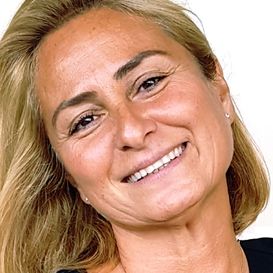
Editorial
by Zeynep Sarılar

Country Focus: Austria
One-stop shop accelerates Research facilitator industrial R&D

SparxSystems Central Europe
Innovation sparks – with an x!
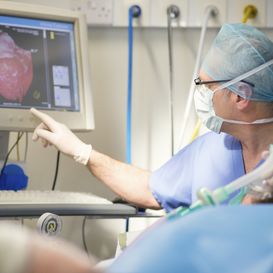
ITEA Success story: BENEFIT
Advancing evidence-based medicine for better patient outcome
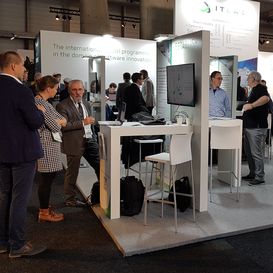
ITEA at Smart City Expo 2019
Bringing together Smart City Challenges and Smart City Solutions
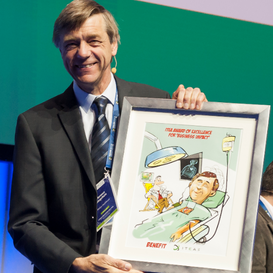
Community Talk with Herman Stegehuis
Harvesting the fruits of one’s labours

End user happiness: Panacea Gaming Platform
Setting a world standard in gaming for special populations

ITEA Success Story: ACCELERATE
A go-to-market acceleration platform for ICT
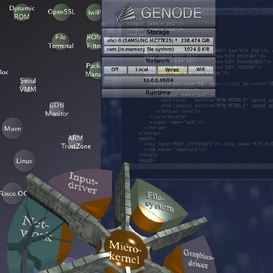
SME in the spotlight: Genode labs
Where fantasy creates a new reality

Cyber Security & Cloud Expo 2020
Continuing to focus on customer orientation

Modelling & Simulation
A vision of standards and state of play


